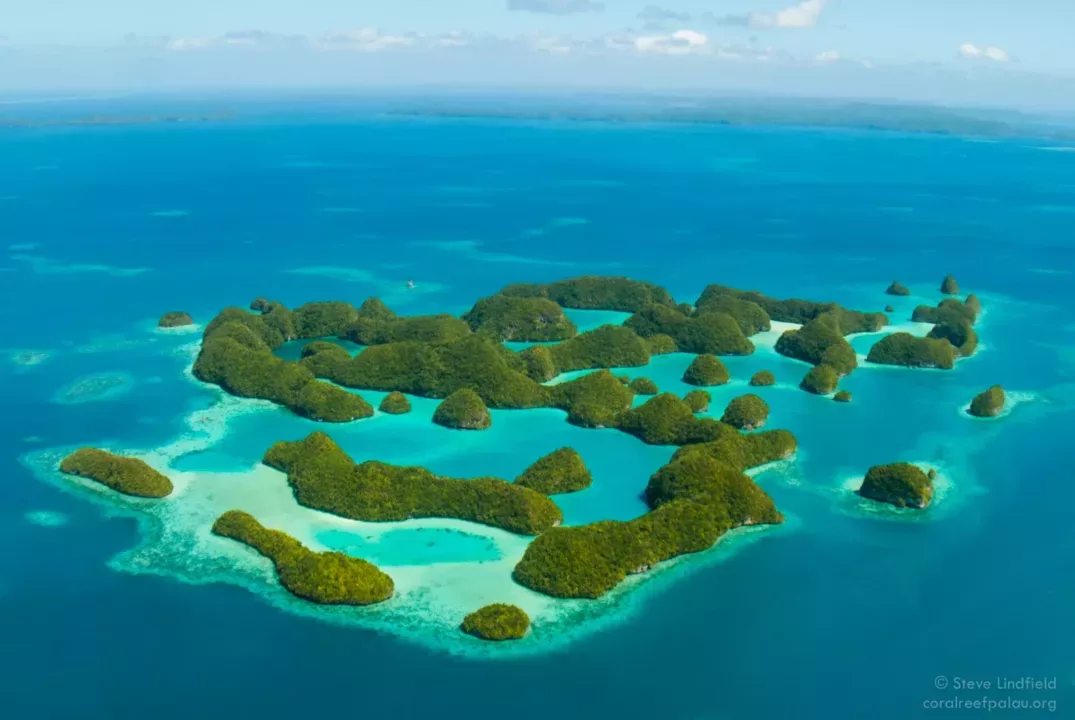President Tommy E. Remengesau, Jr., of the Republic of Palau, signed The Responsible Tourism Education Act of 2018 (Senate Bill No. 10-135, SD1, HD1) into law. This new law is part of the Palau Responsible Tourism Policy Framework which requires that all visitors to Palau “to become part of the solution to the environmental challenges in our pristine paradise.”
Starting on January 1, 2020, this new law will ban the sale and use of all sunscreen skincare products that contain the following ingredients:
These chemicals are known environmental pollutants; most of them are endocrine disruptors or are incredibly toxic to juvenile stages of many wildlife species, including corals, fish, macroalgae and even people. Sunscreen Pollution can reduce the resiliency of ecosystems to climate change factors and, by themselves, prevent the recovery of degrading wildlife and habitats.
Oxybenzone, Octinoxate, Octocrylene, and 4-methyl-benzylidene camphor are all Sun Protection Factor (SPF) chemicals used in sunscreen lotions or fragrances that absorb ultraviolet light from the sun.
The four parabens, triclosan, and phenoxyethanol are antimicrobial preservatives used in sunscreens, shampoos, moisturizers, liquid soaps, and hair conditioners.
Over a dozen scientific papers have demonstrated that OXYBENZONE is highly toxic to marine life, especially coral. Oxybenzone can cause corals to become more susceptible to coral bleaching, it will damage the DNA of coral, and it will deform and kill juvenile coral. Oxybenzone has also been documented to turn adult male fish into female fish, and cause developmental defects. Oxybenzone is toxic to shrimp, sea urchins, and bivalves (e.g., scallops, mussels), and is especially toxic to marine algae.
Parabens and triclosan are used as product antimicrobial preservatives and have been shown in the scientific literature to act as endocrine disruptors. Methyl paraben is a pheromone used by some invertebrates during early and reproductive stages of development. Triclosan has also been shown to be an endocrine disruptor, interfering with sex hormones (e.g., estrogen), and has recently been severely restricted in use by the U.S. Food & Drug Administration. Triclosan, like oxybenzone, is incredibly toxic to algae; its pollution could affect feeding grounds for juvenile green sea turtles, as well as possibly induce coral bleaching.
Sunscreen Pollution is a symptom of unsustainable tourism. Many places in the world that are popular with tourism are seeing rapid destruction of their wildlife and environment. Maya Beach in Thailand and Boracay Bay in the Philippines have been closed to tourism in order to protect and restore their vital coral reef resources. To address this threat of Sunscreen Pollution, the State of Hawaii passed into law a ban on sunscreens containing oxybenzone and octinoxate. The Dutch municipality of Bonaire has similar legislation pending. The Republic of Palau has enacted an innovative and bold measure banning a number of chemicals that pose a threat to its natural resources. By preserving the continuity of their pristine wilderness by managing for sustainable tourism, Palau is setting the standard for protecting one of the world’s greatest natural treasures.
